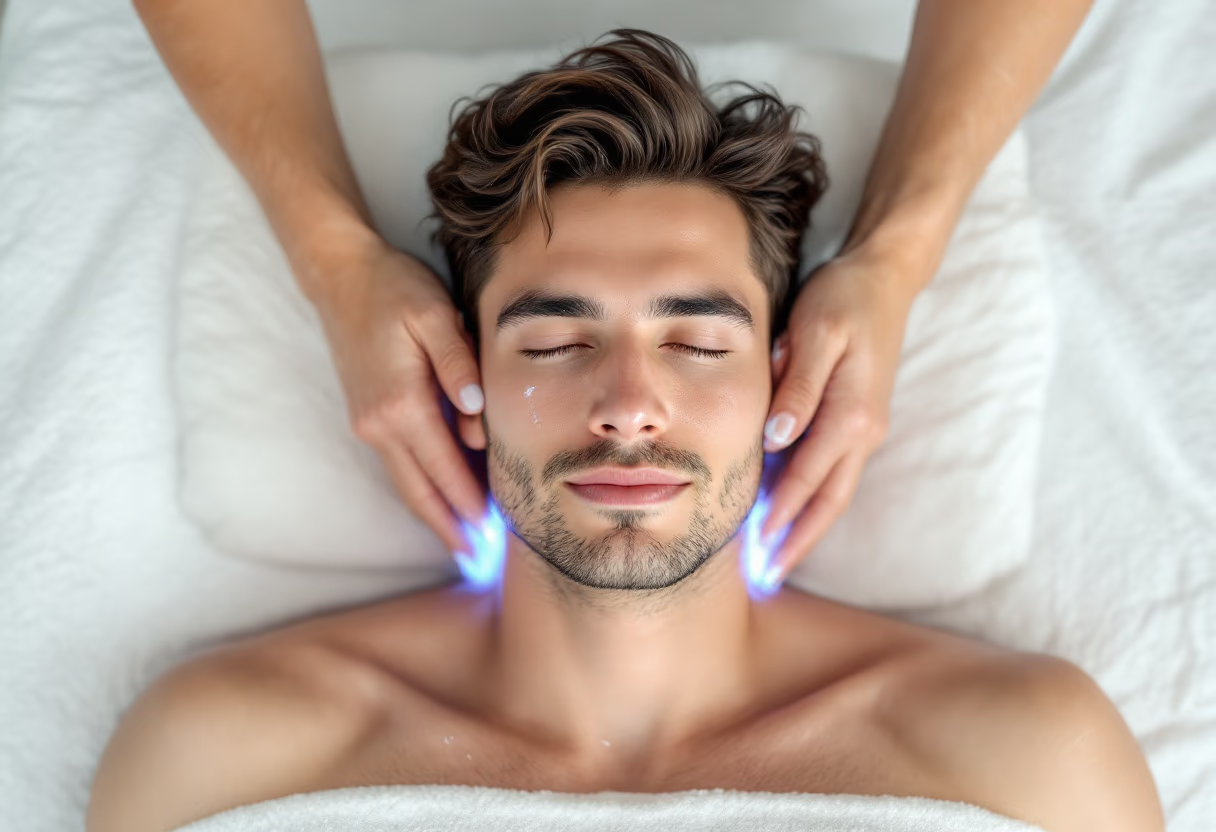
20 Years of Producing the Highest Quality, Most Reliable, and Effective LED mask.
Aging remains one of humanity’s most universal anxieties. While physical fitness is zealously pursued, cerebral well-being is frequently neglected, allowing insidious neurodegenerative processes such as dementia to erode quality of life long before somatic decline becomes apparent.
Dementia—an umbrella term for progressive deterioration in memory, language, visuospatial orientation, and executive function sufficient to impair daily autonomy—extends far beyond Alzheimer’s disease, encompassing Parkinson’s, Huntington’s, and other proteinopathy-driven syndromes.
The World Health Organization estimates that 55 million people currently live with dementia; 60 % reside in low- and middle-income nations. Projections indicate 78 million cases by 2030 and 139 million by 2050, underscoring an urgent, exponentially growing public-health imperative.
Core clinical manifestations include:
Phenotypic expression varies with underlying pathology; Alzheimer’s predominates with amnestic profiles, whereas Lewy-body and frontotemporal subtypes present distinct cognitive–motor spectra. To date, no disease-modifying pharmacotherapy exists—yet photobiomodulation is emerging as a non-invasive, mechanistically grounded intervention.
Mechanistic rationale for photobiomodulation in dementia
A recent UK pilot trial delivered transcranial near-infrared (NIR; 1 064 nm) photons via bespoke helmet devices to middle-aged adults with mild cognitive impairment. After 6 min of daily NIR exposure, participants exhibited measurable gains in episodic memory, psychomotor speed, and processing efficiency.
NIR light penetrates scalp and calvarium to ~2 cm, activating cytochrome-c oxidase within neuronal mitochondria. This photonic absorption accelerates adenosine triphosphate (ATP) synthesis, reduces reactive oxygen species, and up-regulates trophic factors, thereby restoring bioenergetic homeostasis in damaged cortical circuits.
Collectively, these photobiomodulation studies provide Class II evidence that sustained NIR exposure can mitigate select cognitive and behavioral symptoms of dementia, offering a low-risk, home-deployable adjunct to conventional symptomatic therapies.
Further reading:
Rebecca Edlemayer, Ph.D., senior director of scientific engagement at the Alzheimer’s Association, told Medical News Today, “We’re beginning to observe industry interest in analogous, non-invasive neuromodulation strategies. Transcranial photobiomodulation devices, for instance, are under investigation for neurodegenerative conditions such as Parkinson’s disease with the objective of mitigating neuronal degeneration.”
While the clinical community is only starting to harness the therapeutic potential of red light therapy, our initiative remains at the forefront. Led Mask manufactures MDSAP-certified, FDA-cleared photobiomodulation systems suitable for at-home use or integration into professional practice.
Our portfolio is engineered to serve both end-users and healthcare providers, addressing a spectrum of indications. Whether you require white-label phototherapy instrumentation or consumer-grade devices, contact our specialists to facilitate your evidence-based light therapy implementation.
Further reading:
